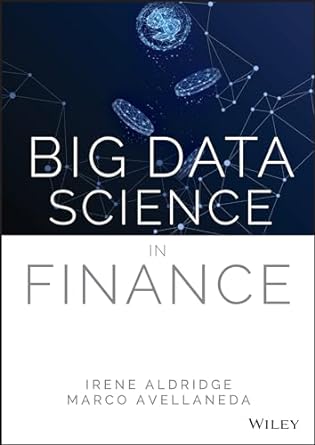A Big Data/AI Approach to Matching
A new efficient and scalable matching algorithm is here.
Please note the blog posts on IreneAldridge.com may contain sponsored or promotional content. To sponsor or promote content on irenealdridge.com, please click here.
Whether you like it or not, matching applications are omnipresent in our lives. One may not necessarily think about the matching problems often, but they occur everywhere: our children are matched to schools in a complicated game-theoretic process, we apply for and obtain housing (in NYC, all co-op and even condo apartments undergo a rigorous vetting process analogous to a housing game, public housing allocation is, of course, another prominent example of matching). In today’s world, we have online matching apps for dating (e.g., Match and Tinder), and even a matching platform for viewers and movies (Netflix). Last, but not least, we have extensive matching processes for financial intermediation: the question of who trades or should trade with who and under which terms is a game theory in its own right (financial markets).
In many cases, modern matching involves randomization, an annoying experience that does not at all rely on any characteristics and puts us at mercy of a random number generator. In school choice, for example, randomization or a “lottery” stands in when the school quality is attracting many seemingly comparable candidates, a process that leads to resentment and envy from the participants who were denied entry.
Many matching applications can be considered Big Data problems: in school choices alone, the annual number of student applicants can be very large, whether in NYC, Boston or Minnesota. The solutions to the matching problem to date, however, have been surprising small–data.
Thanks to Prof. Sethuraman of Columbia University, I have recently become fascinated by the matching problems and applications. My new brief note shows the power of Big Data solutions to traditional problems, such as matching. Using Big Data techniques summarized in Big Data Science in Finance (Aldridge and Avellaneda, 2021), I show that matching can be very fast and effective using a new application. Since the related technique is often deployed in Artificial Intelligence (AI), we can even call this an AI Matching!
Please feel free to reach out with comments and/or suggestions.
More Real-Time Research

